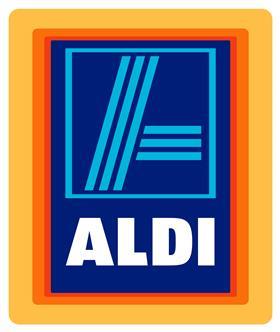
Australian suppliers have criticised the country’s two dominant retailers, Coles and Woolworths, stating that they find German-owned discounter and rival Aldi a preferable business partner.
Speaking on the condition of anonymity for fear that contracts would be cancelled in retaliation, suppliers reportedly stated that Aldi pays its invoices faster and is “easier…and much more stable” to deal with.
One reportedly claimed that Coles and Woolworths reduce payments to suppliers and charge an extra 3 per cent to cover marketing costs for when products go on shelves. Aldi, by contrast, absorbs any losses incurred on sales into its own profit margin.
Coles and Woolworths were also accused of rejecting fresh produce for being the wrong size or shape, returning it to the supplier and refusing to pay. Supplies are then forced to try to find a last-minute buyer for produce several days old to have any chance at recouping their losses.
These allegations comes only hours after details emerged of a dossier produced by Woolworths claiming that Aldi’s presence in Australia has resulted in intense pressure and a tough competitive environment for domestic suppliers and businesses.
Woolworths says Aldi's arrival has forced it to increase its range of private labels in order to be competitive. A spokesman for Coles also said that its private-label range had now increased to comprise 25 per cent of its total stock.
Suppliers contradict Woolworths' claims regarding the business environment Aldi has created, stating that Aldi’s private-label policy favours domestic producers as it still purchases from Australians and requires them only to compete within a domestic market. Coles and Woolworths require them to compete against foreign suppliers.
A Coles spokesman defended the company's actions as standard retail practice.
These developments come after the ACCC launched an investigation to examine claims of improper practice by Coles and Woolworths last month.